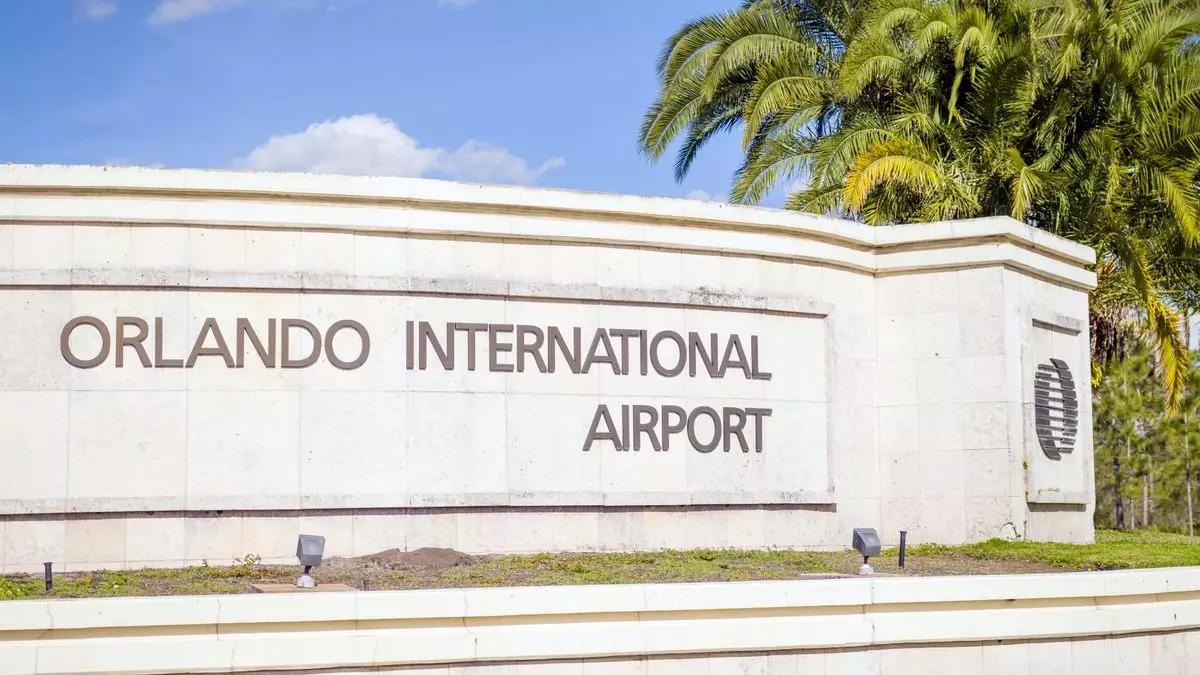As Hurricane Milton approaches the Gulf Coast, thousands of travelers are facing significant disruptions. With the storm now classified as a Category 4 hurricane and projected to make landfall on Florida’s west coast, airports are prioritizing safety over convenience. Tampa International Airport made the proactive decision to suspend operations at 9 a.m. local time on Tuesday, setting a precedent for swift action in the face of natural disaster.
The impending storm has had a domino effect on various transportation hubs across the region. Sarasota Airport has also announced its closure, effective at 4 p.m. Tuesday, while Orlando Airport, located about 90 miles to the east of Tampa, will cease operations at 8 a.m. on Wednesday. As the chaos unfolds, Southwest Florida International Airport in Fort Myers is preparing to halt all services on both Wednesday and Thursday, leaving many travelers scrambling for alternatives.
Impact on Airlines and Travelers
In light of these closures, airlines are adjusting their schedules to accommodate the needs of their passengers. Many companies have implemented travel waivers, allowing those with altered plans to modify their itineraries without incurring additional fees. This flexibility is essential given the uncertainty surrounding the hurricane’s impact.
American Airlines, for instance, responded by adding over 2,000 seats and increasing its flight options by a dozen for travelers departing from the Tampa and Sarasota areas. This demonstrates the airline’s commitment to assisting evacuees and those attempting to flee the storm’s path. Such measures indicate a general trend among airlines operating in the region, as they aim to maintain safety while managing the logistical challenges presented by severe weather events.
Challenges Ahead for Evacuees
As air travel ramps down in anticipation of Hurricane Milton, evacuees are faced with formidable challenges. Accessing timely information is critical; travelers must stay updated on flight statuses and potential changes to their travel plans. With the storm’s current trajectory, people in the Tampa area and beyond are urged to consider alternative transportation methods and emergency plans.
Moreover, the closing of these airports reflects a broader concern for public safety. While the disruption to travel is significant, it pales in comparison to the potential risks associated with remaining in the path of a powerful hurricane. Travelers are advised to prioritize their well-being as they navigate the logistical nightmares precipitated by Milton’s approach.
The measures taken by airports and airlines ahead of Hurricane Milton highlight the need for preparedness in the face of natural disasters. As communities along Florida’s west coast brace for impact, the swift closures of major airports serve as a reminder of the unpredictability of hurricanes and the importance of quick, decisive action. With safety as the primary concern, travelers must remain adaptable, ready to adjust their plans as needed, and prioritize their personal safety above all else.


Leave a Reply